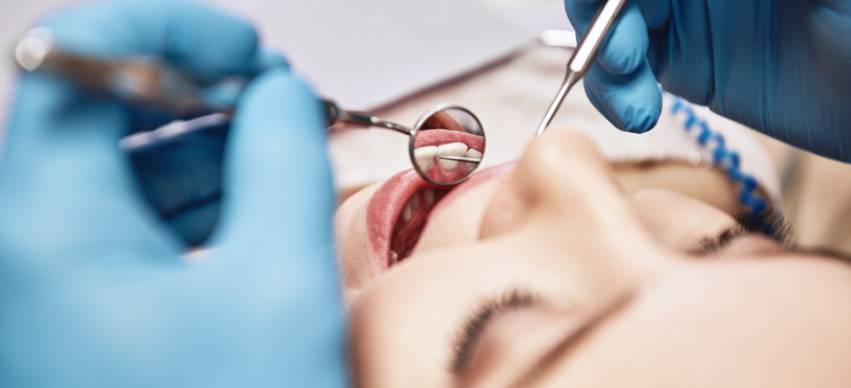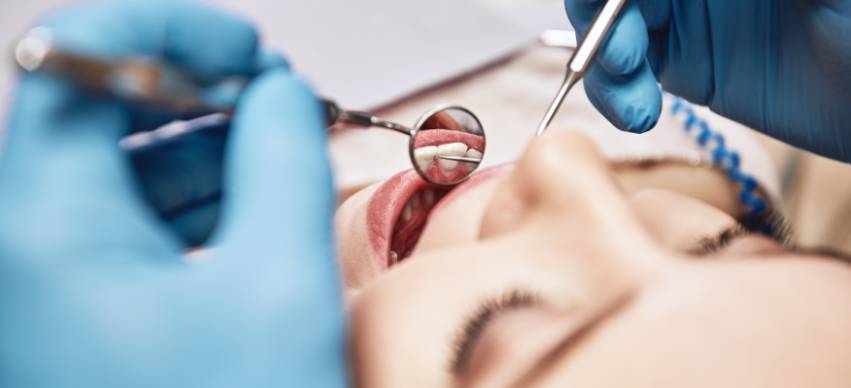How Communities Are Changing the Way We Think About Aging in..
8 Min Read


Regular visits to the dentist are necessary for good oral health. These visits can help prevent cavities and other serious dental issues that can lead to major health risks. So how often should you visit your dentist?
The American Dental Association (ADA) recommends that most people see their dentists at least twice yearly for preventive care. The frequency of the visits may depend on individual factors such as age, medical history, current oral health status, and risk of developing certain diseases or conditions. Still, your dentist may suggest more frequent visits if you risk developing periodontal disease or tooth decay due to lifestyle habits like smoking or poor oral hygiene.

Although everyone should visit the dentist for a dental exam regularly, some people should go more often than others. These include:
If you fall under any of the categories above, make sure to work with your dentist for the best checkup schedule for you.
During routine appointments, dentists can assess changes in your teeth or gums that may indicate problems such as tooth decay or gum disease. Here are some benefits of your regular dental checkups:
Prevention: Regular visits to your dentist can help prevent problems before they become bigger, more expensive issues. Your dentist will check for cavities and oral hygiene issues like gum disease and advise on keeping your mouth healthy.
Early Detection: Visiting the dentist regularly will increase the chance of catching any potential dental health problems early when treatment is often simpler and less costly.
Professional Cleaning: During a routine dental test, a hygienist will professionally clean your teeth, which can remove plaque and tartar from places you may have missed during at-home brushing and flossing sessions. Doing this can help reduce the risk of tooth decay or gum disease.
Oral Cancer Screening: When you visit the dentist for regular checkups, your dentist will also perform an oral cancer screening as part of your exam. Early detection of oral cancer can help increase the chances of successful treatment and even save your life.
Oral health is an essential part of overall health. Here’s how you can maintain healthy teeth and mouth in addition to visiting a dentist regularly.
Visiting the dentist regularly is essential for maintaining good oral health. The ADA suggests that most people see their dentists at least twice yearly for preventive care. Still, if you have any risk factors that could increase your chances of developing certain diseases or conditions, your dentist may suggest more frequent visits. During your dental visit, your dentist will assess your mouth's overall health and advise on proper care techniques. Following your dentist's recommendations will help ensure a healthy and beautiful smile for many years.